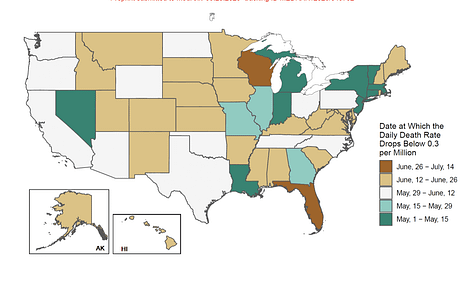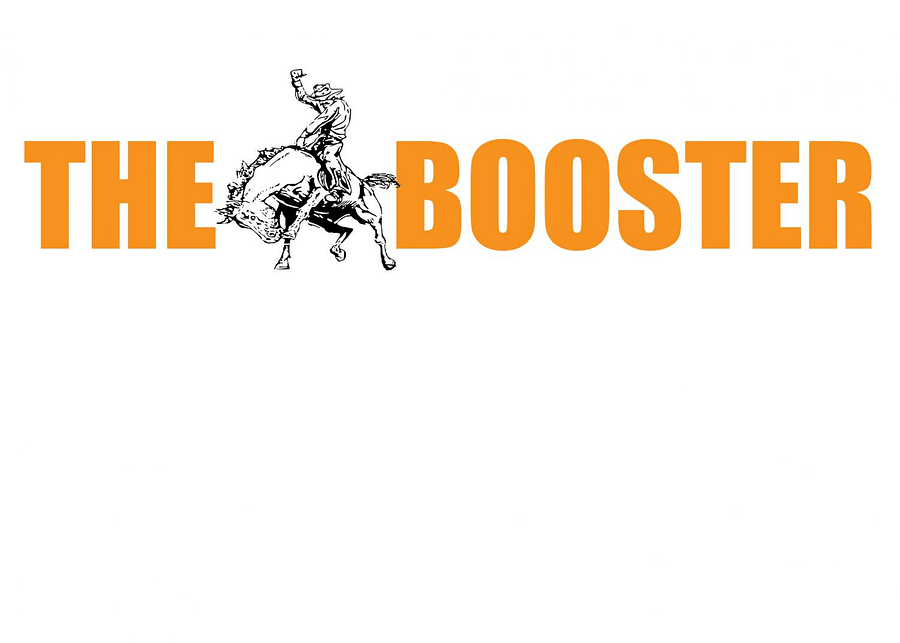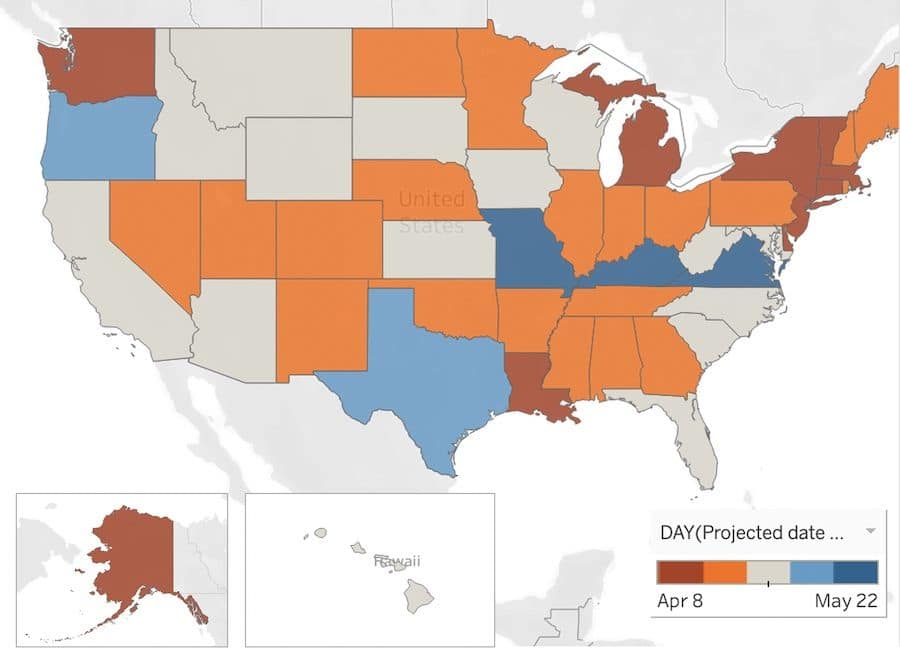Self-Isolation Is Not About Yourself
The widespread pandemic of COVID-19 has flipped the world upside down as we know it. Places are on lock-down and many events have been cancelled for the foreseeable future. Among these tangible issues comes a much bigger piece of the puzzle: social distancing and confinement.
Social distancing means keeping space between yourself and other people outside of your home. The Center for Disease Control (CDC) recommends staying at least 6 feet from other people, staying out of crowded places and avoiding mass gatherings. Traveling should be limited to essential needs, such as grocery shopping or going to the doctor. Social distancing is especially important for people who are at higher risk of getting very sick.
Kathy Rariden of McPherson has asthma, along with heart problems which puts her at a high health risk if she were to contract Covid-19.
“I only go out when necessary, and only then to get groceries or my medications.” said Rariden.
This week an employee at the McPherson Dillon’s tested positive for the COVID-19 virus.
“Knowing that an employee at my local store unknowingly exposed customers is terrifying, honestly. It’s just one more reason to stay at home.” Rariden responded.
Why practice social distancing? While it may be disappointing to hear that so many sports events, cruises, school and other gatherings are being cancelled, there is a public health reason for these measures. These cancellations help stop or slow down the spread of disease allowing the health care system to care for more patients over time. COVID-19 spreads mainly among people who are in close contact (within about 6 feet) for a prolonged period. Spread happens when an infected person coughs, sneezes, or talks. According to analytics by the University of Washington’s Institute for Health Metrics and Evaluation in Seattle, COVID-19 will peak in Kansas April 20th. Maximum hospital resource utilization and deaths associated with the virus during this time will be at an all time high. There are many unknowns for a projected end date for the epidemic, although an estimated slow progression for the state of Kansas is between June 12 and June 16.

The faster everyone is able to work together to stay home and practice healthy habits the faster our world can go back to normal. It appears we are in this for the long haul. Every person can help slow down the spread of COVID-19. By doing your part, you can make a big difference to your health, and that of others around you. Even when you are tired of distancing your self from others, remember there are some around you where your choice could mean life or death.



